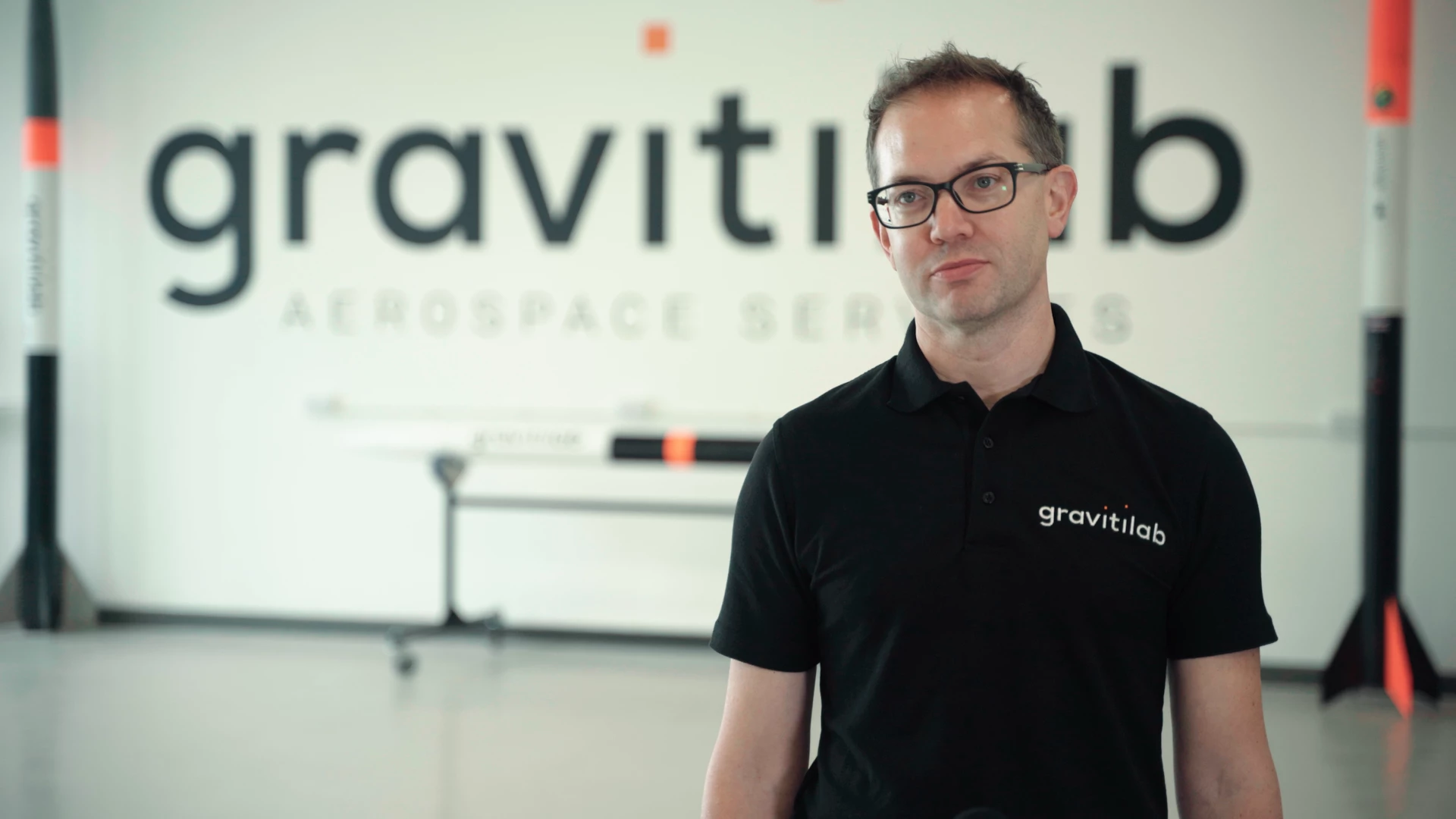
Partner Article
Gravitilab launches 'Space as a Service' programme
Representatives from across government, industry, academia and the investment commmunity, gathered in Norfolk for a special event showcasing the developing area of ‘Space as a Service’.
The event was hosted by spacetech start-up, Gravitilab, at its headquarters in Norwich. The fast-growing space services company is on a mission to make conducting research in space more accessible by providing research and testing services that enable innovation while also reducing the build-up of space debris.
Gravitilab’s solutions come at a time when the UK government has reaffirmed its ambition for the UK to be a science and innovation “superpower” and has launched its ‘Plan for Space Sustainability’.
The company’s solutions are already catching the eye of the investment community. In May, the company secured a £100k investment from British Design Fund, a fund which supports British product start-ups who are ready to scale-up and build thriving stand-out businesses.
Gravitilab has also secured more than £1million of backing from Angel Investors who are keen to get exposure to the rapidly growing $400bn space market, and in particular the emerging ‘Space as a Service’ subsector.
Gravitilab’s research and testing services enable the qualification of equipment that is destined for Space, thereby reducing the unsustainable 50% failure rate of small satellites which are contributing to the dangerous build-up of Space debris. In order to provide these services, Gravitilab has developed a fleet of suborbital hybrid powered rockets and a revolutionary Unmanned Aerial System (UAS) which releases a drop pod from a drone.
These vehicles enable Gravitilab’s customers to expose their Research and Testing payloads to real Space environments to understand how they behave with variations in temperature, thrust, radiation, vibration and most importantly microgravity.
The company’s principal commercial rocket, ISAAC, will fly to an altitude of 250 km (not far short of the International Space Station), before safely returning to Earth for recovery and re-use. Meanwhile the drop pod system, LOUIS, has recently delivered a world first of microgravity from a drone. This provides the opportunity to run local and affordable testing campaigns at lower altitudes.
Guests at the event were given an opportunity to get close to the rockets, drones and other technology which could offer a solution for industry, academia, governments and international space programmes.
They also heard from guest speakers including Katherine Courtney, former CEO of the UK Space Agency, Dr Helen Fraser, Senior Lecturer in Astronomy at the Open University and Bianca Cefalo, CEO of Space DOTS, who all championed the growing UK space sector, and stressed the importance of innovation for furthering the space sustainability agenda.
Gravitilab’s CEO Rob Adlard commented: “We are determined to do everything we can to encourage a more sustainable approach to space. I was delighted to be able to announce further research into our new eco rocket fuel which will be derived from beeswax.”
He added: “We are also working hard to make launch facilities more accessible to the 90% of the UK space industry that is located along the Oxford-Cambridge arc. Our talks with the CAA are progressing well and we hope to be launching from the Norfolk coast in the next three years.”
This was posted in Bdaily's Members' News section by Creative Leopard .
Enjoy the read? Get Bdaily delivered.
Sign up to receive our popular morning National email for free.






 A legacy in stone and spirit
A legacy in stone and spirit
 Shaping the future: Your guide to planning reforms
Shaping the future: Your guide to planning reforms
 The future direction of expert witness services
The future direction of expert witness services
 Getting people into gear for a workplace return
Getting people into gear for a workplace return
 What to expect in the Spring Statement
What to expect in the Spring Statement
 Sunderland leading way in UK office supply market
Sunderland leading way in UK office supply market
 Key construction developments in 2025
Key construction developments in 2025
 Mediation must be part of planning process
Mediation must be part of planning process
 From apprentice to chief financial officer
From apprentice to chief financial officer
 Don't stifle growth with apprenticeship cuts
Don't stifle growth with apprenticeship cuts
 The start-up landscape: What lies ahead in 2025
The start-up landscape: What lies ahead in 2025
 JATCO adds welcome drive to automotive sector
JATCO adds welcome drive to automotive sector